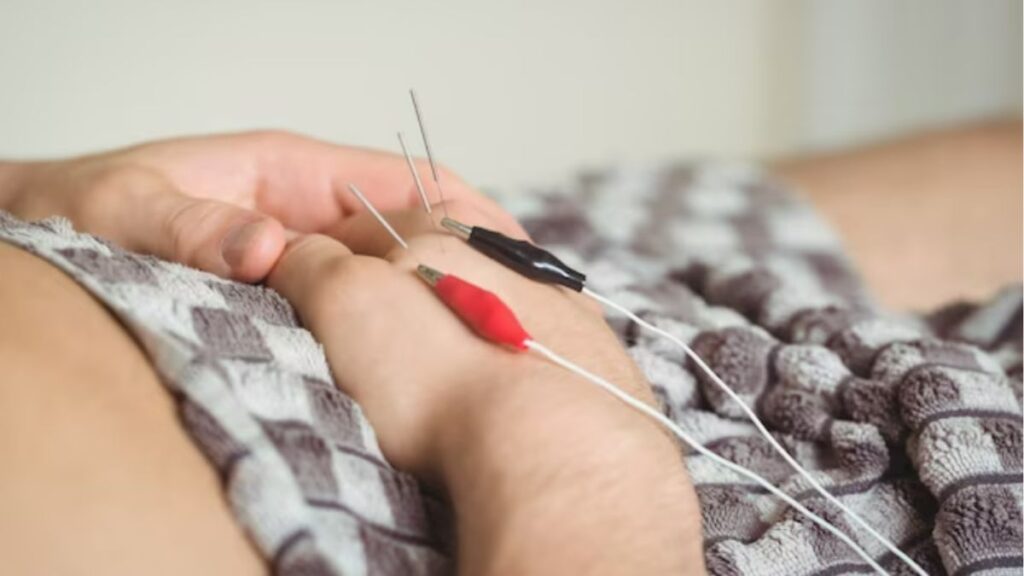Introduction:
High blood pressure, or hypertension, is a common health condition that affects many individuals worldwide. While medication is often prescribed to manage blood pressure levels, there are alternative therapies available that can complement traditional treatments and help in blood pressure management. In this blog post, we will explore some alternative therapies that have shown promise in lowering blood pressure and improving overall cardiovascular health.
1.Acupuncture:
Acupuncture, an ancient Chinese practice, involves inserting thin needles into specific points on the body. Studies have suggested that acupuncture may help in reducing blood pressure levels. It is believed that acupuncture stimulates the nervous system and releases natural pain-relieving chemicals, which can have a positive impact on blood pressure regulation. Consult with a licensed acupuncturist to discuss if acupuncture is a suitable option for you.

2.Meditation:
Meditation, a practice that focuses on training the mind and achieving a state of mental clarity and calmness, has shown promising results in blood pressure management. Regular meditation practice can help reduce stress and promote relaxation, leading to lower blood pressure levels. Consider incorporating mindfulness meditation, guided imagery, or transcendental meditation into your daily routine to experience the potential benefits for blood pressure reduction.

3.Yoga:
Yoga is a mind-body practice that combines physical postures, breathing exercises, and meditation. Multiple studies have indicated that yoga can contribute to lowering blood pressure. The combination of gentle movements, deep breathing, and relaxation techniques in yoga may help reduce stress, improve circulation, and promote overall cardiovascular health. Joining a yoga class or following online tutorials can help you incorporate this practice into your routine.
4.Biofeedback:
Biofeedback is a technique that allows individuals to gain control over certain bodily functions that are typically involuntary, such as heart rate and blood pressure. During a biofeedback session, sensors are attached to your body to monitor these functions, and you receive real-time feedback. With practice, you can learn to influence and regulate these bodily functions, potentially leading to blood pressure reduction. Consult with a biofeedback therapist to explore this therapy option.
5.Dietary Supplements:
Certain dietary supplements have shown promise in supporting blood pressure management. Some commonly studied supplements include coenzyme Q10 (CoQ10), omega-3 fatty acids, garlic extract, and hibiscus tea. However, it is important to note that the effectiveness of these supplements may vary among individuals, and their usage should be discussed with a healthcare professional to ensure they are safe and appropriate for your specific condition.
Conclusion:
While alternative therapies can provide complementary support for blood pressure management, it is crucial to remember that they should not replace prescribed medication or medical advice. It is essential to consult with a healthcare professional before incorporating any alternative therapies into your treatment plan, especially if you have underlying health conditions. By combining these therapies with a healthy lifestyle, including regular exercise, a balanced diet, and stress management, you can take a holistic approach to blood pressure management and promote overall cardiovascular health.

